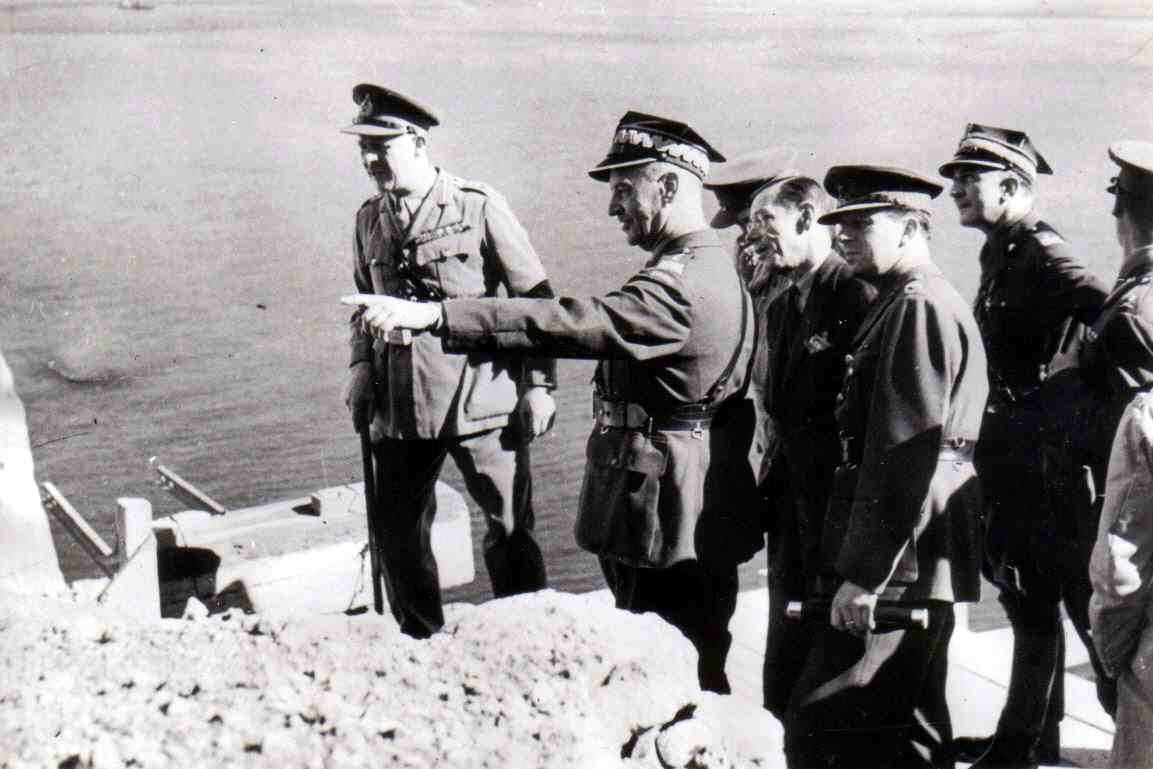Probe closed into WWII leader Sikorski's death
PR dla Zagranicy
Nick Hodge
01.04.2014 09:16
A Polish court has dismissed an appeal to continue a five-year investigation into the mysterious death of WWII leader General Wladyslaw Sikorski near Gibraltar in 1943.

General Sikorski (c) in Gibraltar. Photo: wikipedia
The probe by the state-backed Institute of National Remembrance (IPN) had explored various theories surrounding Prime Minister Sikorski's death in a plane crash while travelling from Gibraltar to London on 4 July 1943.
In December 2013, IPN concluded that there was “insufficient evidence either to confirm or to rule out” that sabotage had taken place.
For decades, conspiracy theories had persisted that the Polish prime minister had been eliminated, with Russia, Britain and a Polish clique loyal to General Wladyslaw Anders all accused of treachery over the years.
Although IPN concluded that a theory that Sikorski had been murdered even before he got on the Liberator plane was among the least likely, a daughter of a victim filed a complaint after IPN called off the probe last year.
Teresa Ciesielska, whose father Colonel Andrzej Marecki was one of the 11 passengers, had called for the exhumation of a courier of the Polish underground Home Army (AK), Jan Gralewski, who had also been on board the plane.
According to the official documentation, Gralewski's body was found in the sea four days after the crash, but Ciesielska claimed that letters to his wife that were found on the body did not give the impression of having been under water.
However, Judge Katarzyna Smolka of the District Court in Katowice supported IPN's opinion that the exhumation was not essential.
During the investigation, the remains of General Sikorski were exhumed at Krakow's Wawel Cathedral. Three other victims, including Ciesielska's father, were also exhumed, and forensic tests indicated that the injuries suffered by the men were consistent with the those typical of plane crashes.
Judge Smolka noted that although the case has now been officially discontinued, the court's decision “is not irreversible”, and that the case could be reopened if new evidence comes to light. (nh)
Source: IAR